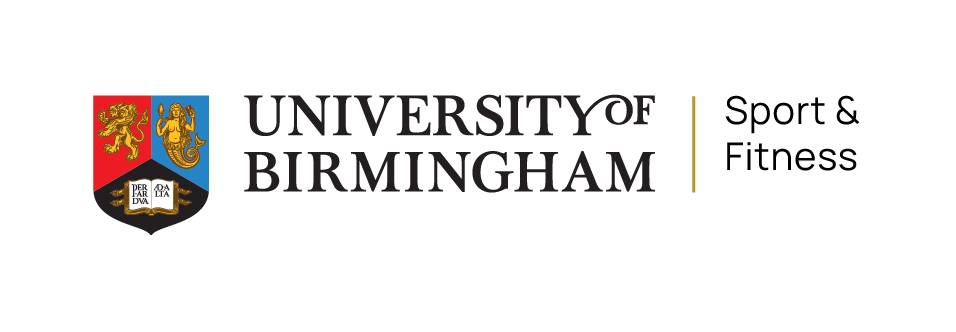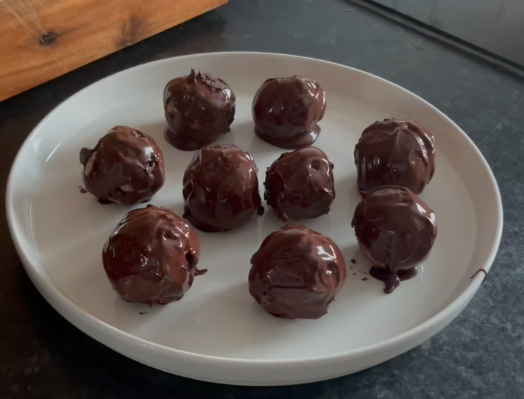
Leftover Easter Chocolate Protein Ball Recipe
Leftover Easter Chocolate Protein Ball Recipe Our Lead Performance Nutritionist, Rachel, shares how she uses her leftover Easter chocolate for a delicious protein-rich recipe! If

Leftover Easter Chocolate Protein Ball Recipe Our Lead Performance Nutritionist, Rachel, shares how she uses her leftover Easter chocolate for a delicious protein-rich recipe! If
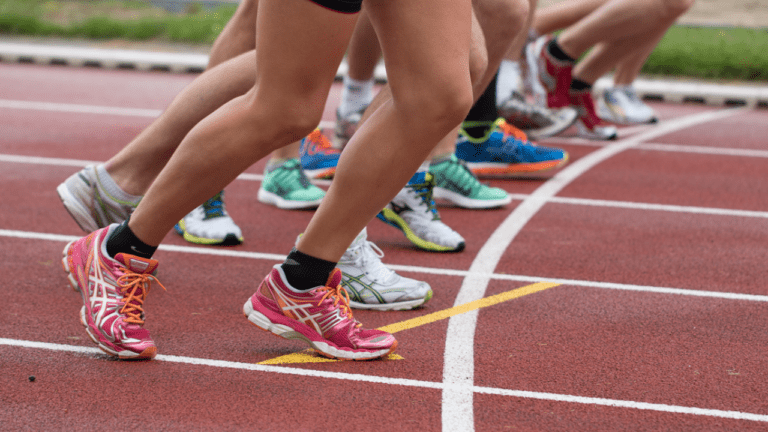
Optimise your run Whether it’s a 5km, 10km, half-marathon, marathon or ultra, everyone seems to be training for a race or running in some capacity!
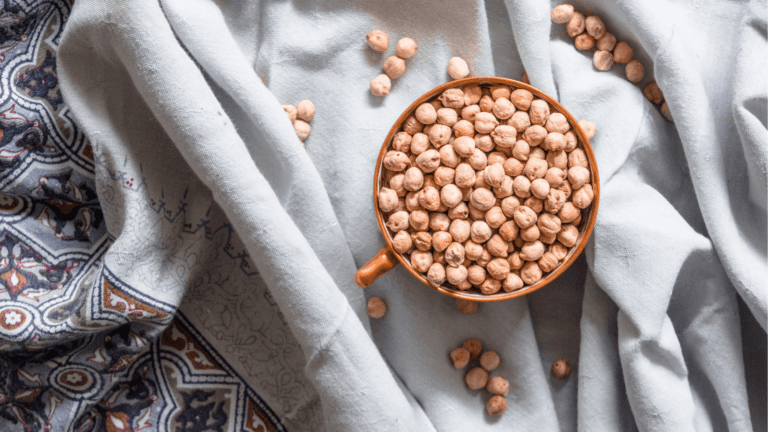
Hitting your protein goals this summer Recommended daily protein intakes are higher for exercising individuals. Protein is needed for good health, recovery and for building

Spring Recipe: Blueberry Oat Muffins Need something to satisfy your sweet tooth? These tasty homemade muffins recommended by our Nutritionist are a great balance of
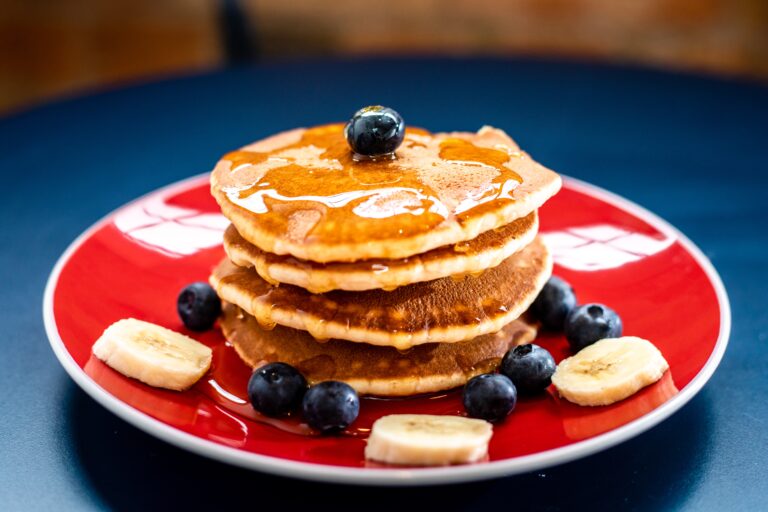
Tasty Protein Pancakes With a Sprinkle of Nutrition Pancake day, also known as ‘Shrove Tuesday’, is a day when many of us indulge in a

How to boost your vitamin D levels Meet Rachel, our Lead Performance Nutritionist who supports our scholars and performance teams to ensure their diets are
Scroll down for more options…
Scroll down for more options…
Scroll down for more options…

